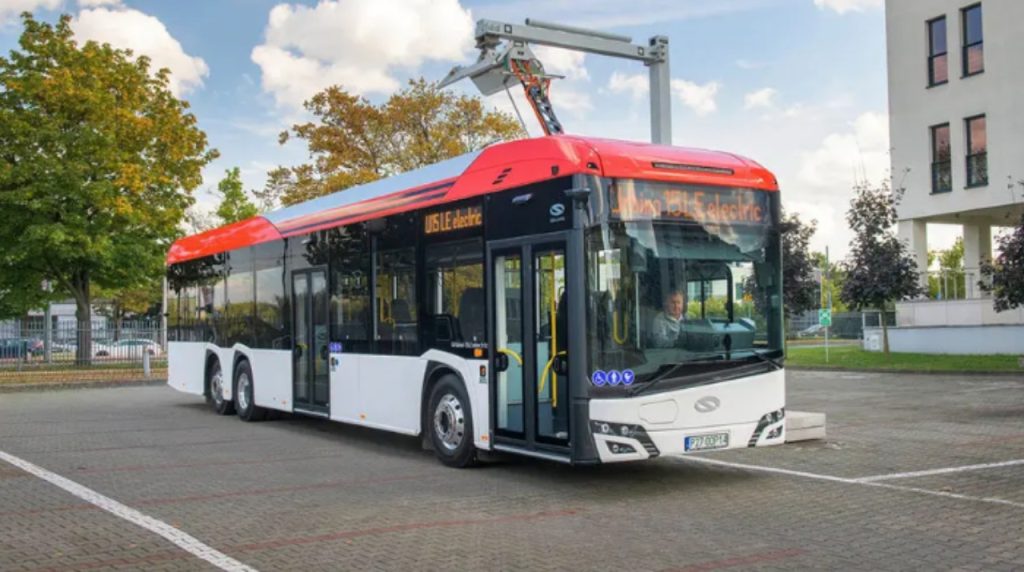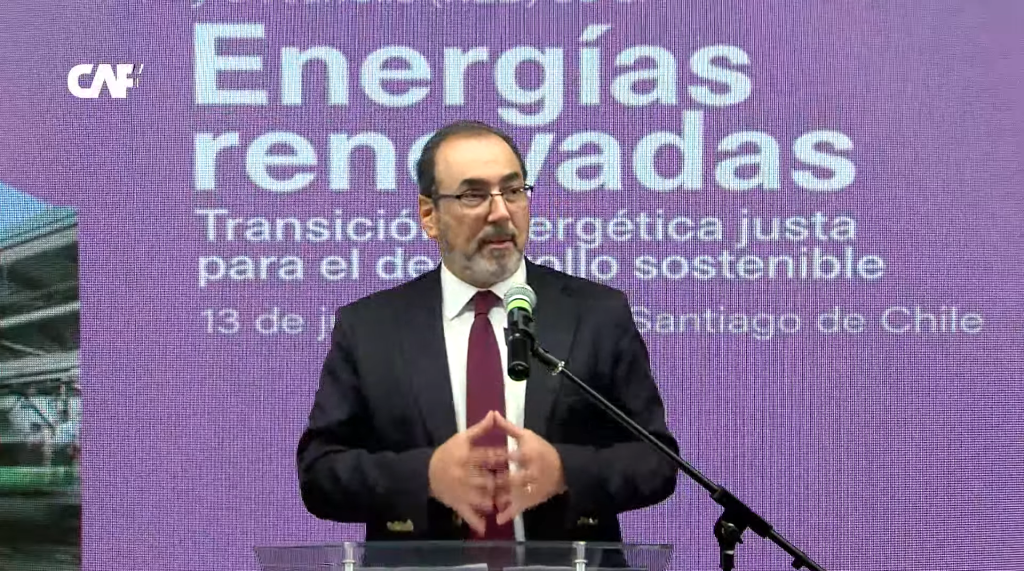
CAF: Sustainable Public Transport is Key to Region’s Decarbonization

The “Renewed Energies: Just Energy Transition for Sustainable Development“ report develops a comprehensive analysis of the current energy situation in the region, and then focuses on the energy supply and demand agendas.
The report emphasizes three crucial sectors for demand: transportation, industry and the residential sector, and closes with an analysis of the impacts that the transition will have on the macroeconomy as a whole, particularly on public finances, the external sector and the labor market.
In the case of the industrial sector, the transition involves the electrification of some processes or uses that currently depend on fossil fuels, as well as the promotion of the circular economy.

In urban mobility, the use of sustainable public transport (mass and active) is important. In urban logistics, there is room for electrification, while in the case of freight transport, the promotion of efficiency and the use of alternative fuels are measures that can be effective in the short term.
Sergio Díaz-Granados, CAF’s Executive President, pointed out that Latin America is a region of solutions, with the capacity to contribute to the global energy transition process by taking advantage of the opportunities that arise for countries with critical mineral reserves such as lithium, copper or nickel.
“With this RED, the development bank of Latin America and the Caribbean ratifies its commitment to accompany the region as it successfully faces the challenge of a transition with renewed energy,” he said.
Emissions Reductions
CAF notes that the supply-side actions for decarbonization proposed in the RED are the increase in electricity generation capacity driven by a greater share of non-conventional renewable sources and the development of low-emission fuels such as biofuels or low-emission hydrogen.
In addition, during the transition, the report argues that gas can play a crucial role in replacing more polluting fossil fuels such as oil and coal.
Replacing 50 % of current oil and coal use with gas could reduce the region’s emissions by 7 %, representing almost 65 % of the total commitments the region has set for 2030.
From the point of view of demand, efficiency and energy savings are also an indispensable pillar on the road to decarbonization.
CAF explains that a just transition also requires closing the energy access and quality gaps that still persist in the region. Among the policies for household demand in the RED is the electrification of some consumption, such as heating and cooking, avoiding the still frequent use of biomass with its negative consequences for health.





